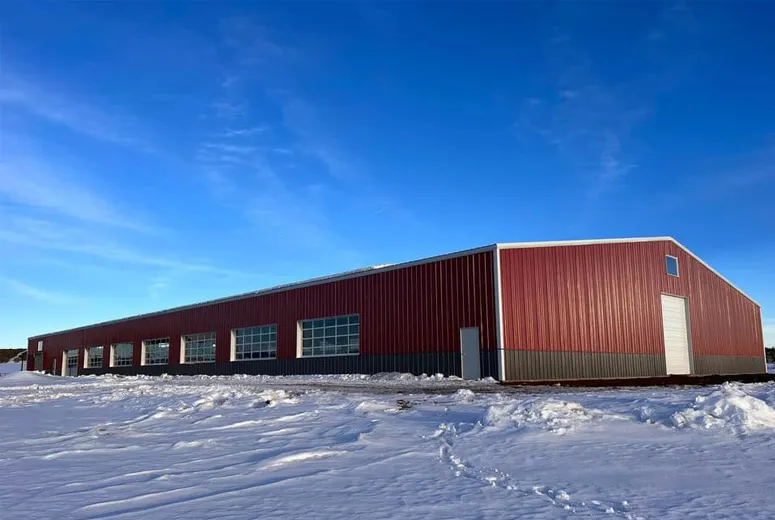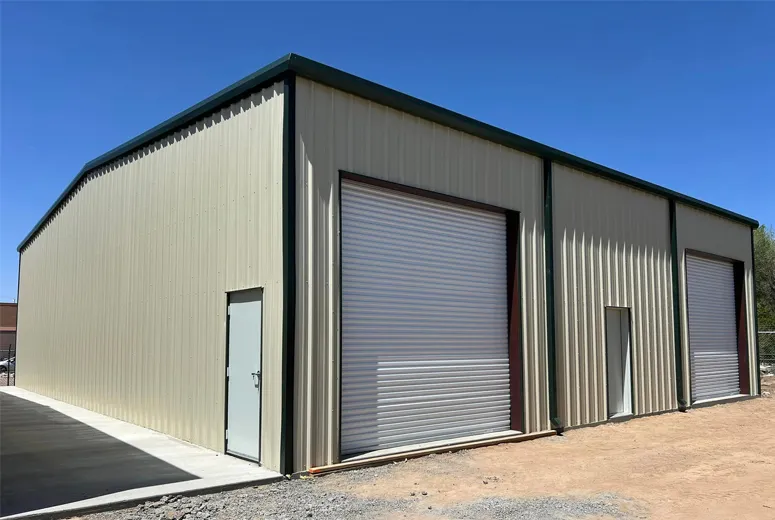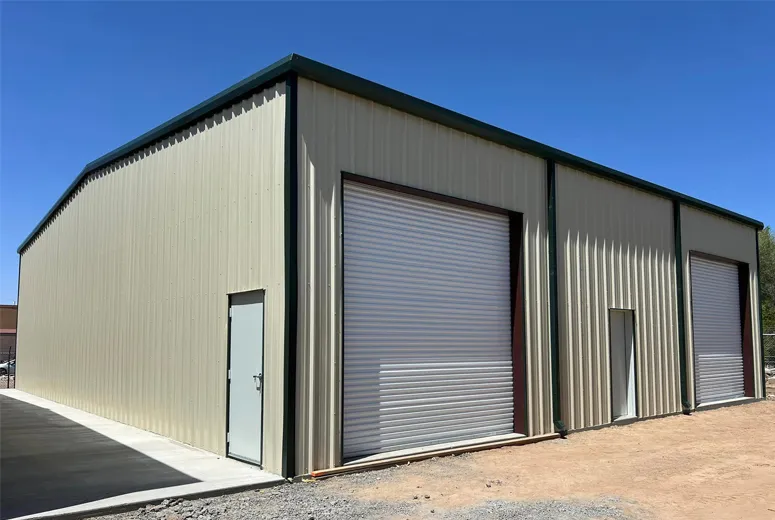- Afrikaans
- Albanian
- Amharic
- Arabic
- Armenian
- Azerbaijani
- Basque
- Belarusian
- Bengali
- Bosnian
- Bulgarian
- Catalan
- Cebuano
- Corsican
- Croatian
- Czech
- Danish
- Dutch
- English
- Esperanto
- Estonian
- Finnish
- French
- Frisian
- Galician
- Georgian
- German
- Greek
- Gujarati
- Haitian Creole
- hausa
- hawaiian
- Hebrew
- Hindi
- Miao
- Hungarian
- Icelandic
- igbo
- Indonesian
- irish
- Italian
- Japanese
- Javanese
- Kannada
- kazakh
- Khmer
- Rwandese
- Korean
- Kurdish
- Kyrgyz
- Lao
- Latin
- Latvian
- Lithuanian
- Luxembourgish
- Macedonian
- Malgashi
- Malay
- Malayalam
- Maltese
- Maori
- Marathi
- Mongolian
- Myanmar
- Nepali
- Norwegian
- Norwegian
- Occitan
- Pashto
- Persian
- Polish
- Portuguese
- Punjabi
- Romanian
- Russian
- Samoan
- Scottish Gaelic
- Serbian
- Sesotho
- Shona
- Sindhi
- Sinhala
- Slovak
- Slovenian
- Somali
- Spanish
- Sundanese
- Swahili
- Swedish
- Tagalog
- Tajik
- Tamil
- Tatar
- Telugu
- Thai
- Turkish
- Turkmen
- Ukrainian
- Urdu
- Uighur
- Uzbek
- Vietnamese
- Welsh
- Bantu
- Yiddish
- Yoruba
- Zulu
Abu . 12, 2025 03:20 Back to list
The Core of Modern Construction: Understanding Corrugated Metal Siding
In the dynamic landscape of commercial and industrial construction, the choice of building materials significantly impacts project longevity, cost-efficiency, and aesthetic appeal. Corrugated metal siding has emerged as a cornerstone solution, favored for its exceptional durability, versatility, and ease of installation. A leading corrugated metal siding manufacturer plays a pivotal role in delivering high-performance cladding solutions that meet rigorous industry standards. These manufacturers are at the forefront of innovation, constantly refining their processes and materials to produce siding that withstands harsh environmental conditions while offering superior insulation and a modern aesthetic. Understanding the nuances of this product, from its manufacturing process to its diverse applications, is crucial for B2B decision-makers seeking optimal building envelope solutions.
The demand for robust, sustainable, and low-maintenance building materials continues to grow, driving advancements in metal fabrication. As a specialized corrugated metal supplier, companies often focus on optimizing material properties like corrosion resistance and thermal performance. This trend is particularly evident in the increased adoption of advanced coating technologies and the integration of recycled content, aligning with global sustainability initiatives. Furthermore, the capacity for bespoke solutions from a reputable custom metal building manufacturer ensures that even the most complex architectural visions can be realized with precision-engineered corrugated panels. This blend of standardized quality and customizability positions corrugated metal siding as an indispensable asset in contemporary construction.
Precision Manufacturing: The Journey of Corrugated Metal Siding
The manufacturing of corrugated metal siding is a highly precise process, beginning with the selection of premium raw materials. Typically, high-grade steel (G90 galvanized or Galvalume AZ55 coated) or aluminum alloys are chosen for their strength and inherent corrosion resistance. These materials arrive at the corrugated metal siding manufacturer in large coils. The primary manufacturing technique for siding panels is roll-forming, a continuous process where flat metal sheets are fed through a series of precisely engineered rollers. Each set of rollers progressively bends the metal into the desired corrugated profile (e.g., R-panel, U-panel, V-rib, or custom designs) without stretching or thinning the material. This cold-forming process ensures consistent thickness and structural integrity across the entire panel length.

Post-forming, panels undergo rigorous quality control inspections. These checks adhere to international standards such as ISO 9001 for quality management systems and ASTM (American Society for Testing and Materials) specifications for material properties, coatings, and dimensional tolerances. Key inspection points include material thickness (gauge), profile accuracy, coating adhesion, and overall finish quality. The application of advanced protective coatings, such as Kynar 500® (PVDF) or SMP (Siliconized Modified Polyester), further enhances durability, UV resistance, and color retention, extending the product's lifespan to 30-50 years or more, depending on the environment. These highly durable panels are ideal for industries requiring robust building envelopes, including petrochemical facilities, metallurgy plants, and water treatment infrastructure, where resistance to harsh chemicals and extreme temperatures is paramount. Their inherent structural integrity also contributes to significant energy savings by supporting efficient insulation systems and reducing heat transfer.
Technical Parameters & Performance Benchmarks
The performance of corrugated metal siding is quantifiable through a set of critical technical parameters. Understanding these specifications is essential for engineers, architects, and procurement managers. For instance, the "gauge" refers to the thickness of the metal; a lower gauge number indicates a thicker, more rigid panel (e.g., 22-gauge is thicker than 29-gauge). Common materials include G90 galvanized steel, renowned for its zinc coating providing excellent corrosion protection, and Galvalume (AZ55), an alloy of aluminum and zinc offering superior long-term corrosion resistance, especially in coastal or industrial environments. The choice of coating – PVDF, SMP, or acrylic – dictates the panel's color longevity, chalk resistance, and fade resistance.
Different profiles like R-panel, PBR-panel, and U-panel offer varying load-bearing capacities and aesthetic characteristics. R-panel, for instance, is a robust profile often used for roofs and walls in industrial settings due to its high strength and ease of installation. Wind load resistance is another crucial parameter, typically expressed in pounds per square foot (PSF), ensuring the siding can withstand local wind conditions. Fire resistance ratings (e.g., Class A non-combustible material as per ASTM E84) are also vital, particularly in commercial and industrial applications where safety standards are stringent.
Typical Corrugated Metal Siding Specifications
| Parameter | Description/Common Range | Benefit/Application |
|---|---|---|
| Gauge | 29, 26, 24, 22 | Thicker for structural integrity (e.g., 22-gauge for heavy-duty industrial walls), thinner for lighter applications. |
| Material | G90 Galvanized Steel, AZ55 Galvalume, Aluminum | Corrosion resistance, strength-to-weight ratio. Galvalume superior in harsh environments. |
| Coating Type | PVDF (Kynar 500®), SMP, Acrylic | Long-term color retention, fade/chalk resistance, UV protection. PVDF offers premium durability. |
| Panel Width (Coverage) | 36", 40" (various profiles) | Influences installation speed and panel count. |
| Profile Depth | 1/2" to 1-1/2" (e.g., 1.25" for R-panel) | Structural strength, aesthetic appearance, shadow lines. |
| Fire Rating | Class A (ASTM E84 Non-Combustible) | Enhances building safety and meets stringent building codes. |
| Wind Resistance | Up to 150+ MPH (varies by panel/fastening) | Critical for hurricane-prone regions and exposed structures. |
The detailed understanding of these parameters allows a corrugated metal siding manufacturer to precisely match product offerings to specific project requirements, ensuring optimal performance, compliance with building codes, and longevity. This technical precision is what distinguishes high-quality siding from generic alternatives, providing tangible value to the end-user.
Versatile Applications and Real-World Impact
The adaptability of corrugated metal siding makes it an ideal choice across a broad spectrum of industrial and commercial applications. From large-scale industrial complexes and sprawling warehouses to modern agricultural facilities and community structures, its robust nature and customizable aesthetic profiles offer unmatched flexibility. For instance, in the petrochemical and metallurgy sectors, where structures are exposed to corrosive agents and high temperatures, specially coated corrugated metal siding manufacturer products provide superior protection and minimize maintenance cycles. Similarly, in water treatment facilities, where humidity and chemical exposure are constant, the inherent corrosion resistance of Galvalume and high-performance paint systems ensures structural integrity for decades.

Beyond traditional industrial uses, corrugated metal siding is increasingly popular in contemporary architectural designs for its ability to create distinctive textures and modern facades. Its lightweight nature simplifies installation, reducing labor costs and project timelines, which is a significant advantage for large-scale construction. Furthermore, the reflective properties of many metal siding finishes contribute to energy efficiency by reducing solar heat gain, helping buildings achieve "cool roof" and "cool wall" ratings. This is critical for achieving LEED (Leadership in Energy and Environmental Design) certifications and lowering operational costs over the building's lifespan. Customer feedback consistently highlights the product's resilience and minimal upkeep requirements, reinforcing its value proposition in demanding environments.
Selecting Your Partner: A Guide to Choosing a Corrugated Metal Siding Manufacturer
The decision of partnering with a corrugated metal siding manufacturer is critical for project success. A key differentiator is a manufacturer's commitment to quality assurance, evidenced by certifications such as ISO 9001, which signifies adherence to international quality management standards. Reputable manufacturers will also provide comprehensive product warranties, often spanning decades, reflecting their confidence in the product's durability and performance. Consider a manufacturer's service history and experience; those with decades in the industry often possess unparalleled expertise in material science, engineering, and logistics. For complex projects, the capacity of a custom metal building manufacturer to provide bespoke solutions, including specialized profiles, custom lengths, or unique coating systems, becomes invaluable.
When evaluating a corrugated metal supplier, assess their supply chain robustness and ability to meet demanding delivery schedules. A well-established supplier will have efficient production lines and logistical networks to ensure timely delivery to your project site, minimizing costly delays. Furthermore, investigate their technical support capabilities – do they offer pre-sales consultation, engineering assistance, and post-sales support? Access to technical data sheets, installation guides, and direct expert consultation are hallmarks of a trustworthy partner. Comparing manufacturers based on these criteria, rather than solely on price, ensures a long-term, high-value relationship that supports your project's integrity and operational efficiency.
Trust and Support: Your Partner in Metal Siding Solutions
Building trust with clients is paramount for any leading corrugated metal siding manufacturer. This is achieved not only through superior product quality but also through transparent processes and robust customer support. We understand that projects operate on tight schedules, which is why we offer clear delivery timelines, typically ranging from 2-4 weeks for standard orders, with expedited options available for urgent requirements. Our products are backed by comprehensive warranties, ensuring peace of mind regarding material integrity and coating performance for up to 40 years, depending on the chosen system and environment.

Frequently Asked Questions (FAQ)
-
Q: What is the typical lead time for a custom order?
A: Custom orders generally require 3-5 weeks from design approval to dispatch, depending on complexity and material availability. Our team provides precise timelines upon order confirmation. -
Q: How do I determine the right gauge for my project?
A: The ideal gauge depends on structural requirements, local building codes (e.g., wind load specifications), and desired aesthetic. Our technical sales team can assist in selecting the optimal gauge based on your specific project parameters and engineering considerations. -
Q: What maintenance is required for corrugated metal siding?
A: Corrugated metal siding is remarkably low-maintenance. Periodic cleaning with mild soap and water is usually sufficient to remove dirt and grime. Annual inspections for any potential damage or debris accumulation are recommended to ensure long-term performance. -
Q: Are your products environmentally friendly?
A: Yes, our metal siding products often contain a significant percentage of recycled content and are 100% recyclable at the end of their lifespan, contributing to green building initiatives. The longevity and energy-saving properties also reduce environmental impact.
Our dedicated customer support team is available to provide comprehensive assistance from initial consultation to post-installation queries. We offer technical documentation, installation guides, and expert advice to ensure your project's success. This commitment to ongoing support solidifies our position as a reliable corrugated metal supplier and partner for your critical infrastructure needs.
Concluding Insights
The selection of a reputable corrugated metal siding manufacturer is a strategic decision that directly impacts the structural integrity, longevity, and operational efficiency of commercial and industrial buildings. By prioritizing manufacturers who demonstrate expertise in material science, adhere to stringent quality control, offer diverse customization options, and provide robust post-sales support, B2B clients can ensure their investments yield maximum returns. The evolution of corrugated metal siding continues to push boundaries in durability, energy efficiency, and aesthetic versatility, making it a critical component for modern, high-performance construction.
References
- ASTM International. "Standard Specifications for Steel Sheet, Aluminum-Zinc Alloy-Coated by the Hot-Dip Process." Various publications, e.g., ASTM A792/A792M.
- ISO. "Quality management systems – Requirements." ISO 9001.
- Metal Construction Association. "Technical Bulletins on Metal Roofing and Walls." Various publications discussing performance standards and best practices.
- National Institute of Standards and Technology. "Building Materials and Structures." Research on durability and performance of building envelope components.
- PVDF Architectural Coatings Fact Sheet, American Architectural Manufacturers Association (AAMA).
-
Steel Frame Modular Construction for Housing
NewsAug.07,2025
-
Steel Construction Factory Processes
NewsAug.07,2025
-
Portal Frame Shed for Sale: Delivery Options
NewsAug.07,2025
-
Metal Workshops for Sale: Insulation Solutions
NewsAug.07,2025
-
Metal Steel Building Manufacturers: Post-Construction Services
NewsAug.07,2025
-
Metal Garage Shed Kits: Size Options
NewsAug.07,2025
Products categories
Our Latest News
We have a professional design team and an excellent production and construction team.












